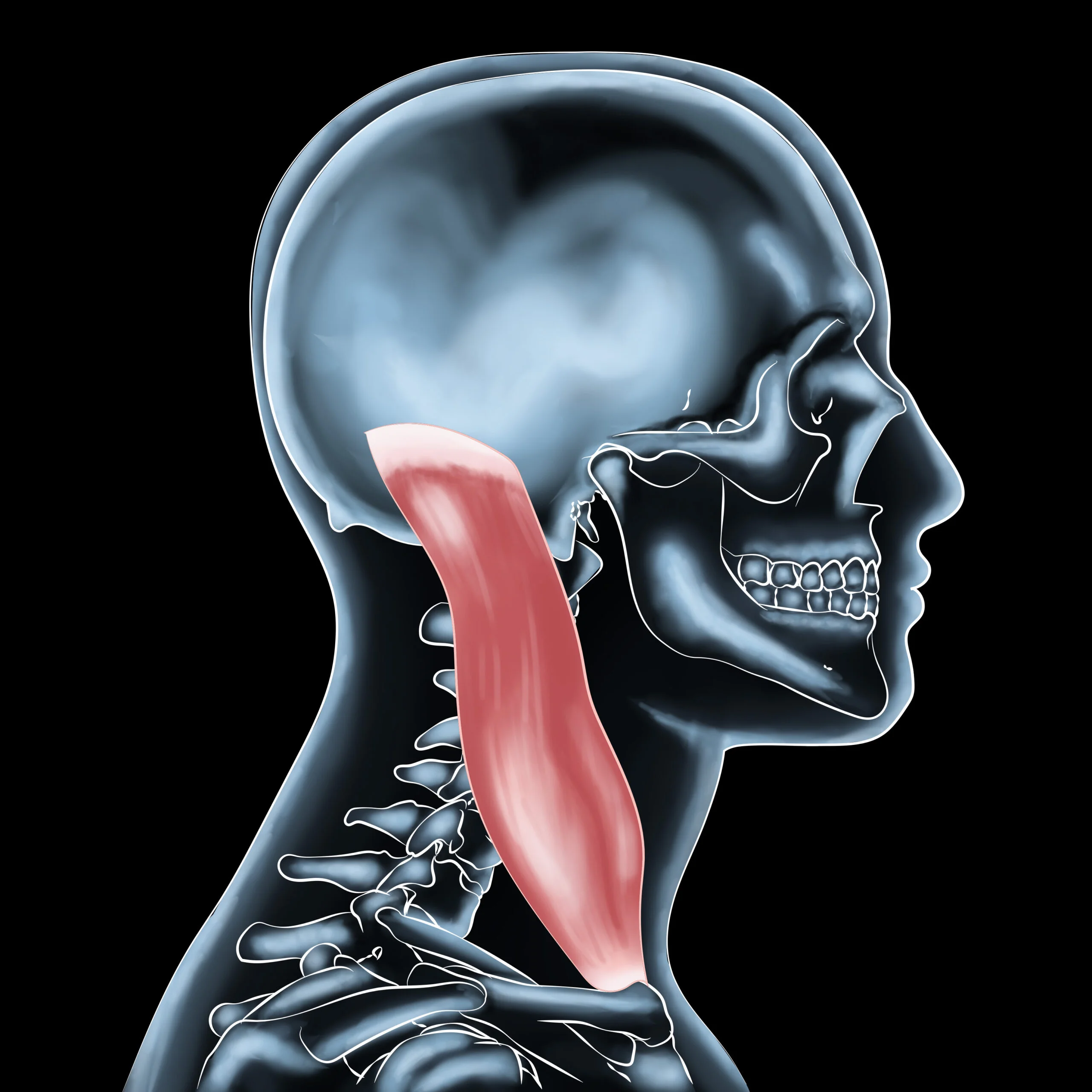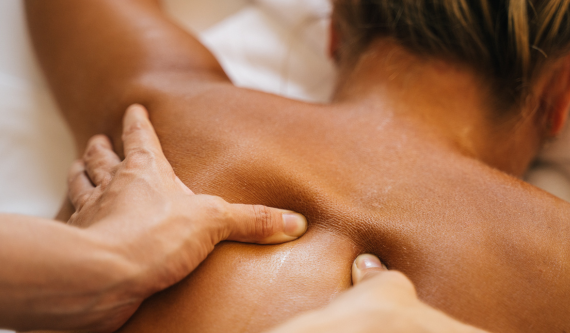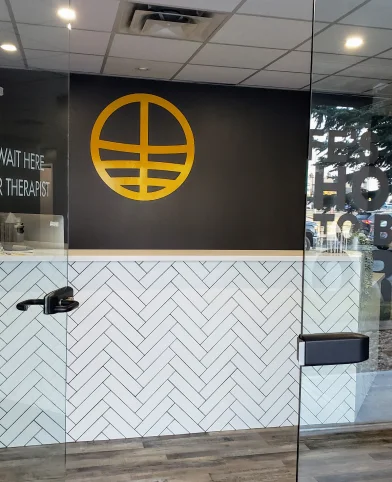Gratuities in Healthcare: Where the Lines Are Blurred
In Canada, tipping has long been expected in industries such as dining, personal grooming, and hospitality. However, when healthcare professionals are involved, much less clarity is provided. As a result, many patients are left uncertain about how appreciation should be expressed — especially when care has been exceptional.
For active individuals in Edmonton and Sherwood Park, interactions with both public and private healthcare providers are frequent. From physiotherapy appointments to therapeutic massage treatments, patients are often moved to express thanks. But in clinical environments, tipping etiquette must be carefully considered. When expressions of gratitude are guided by professional boundaries, patient-provider relationships can be protected while still allowing appreciation to be shown.
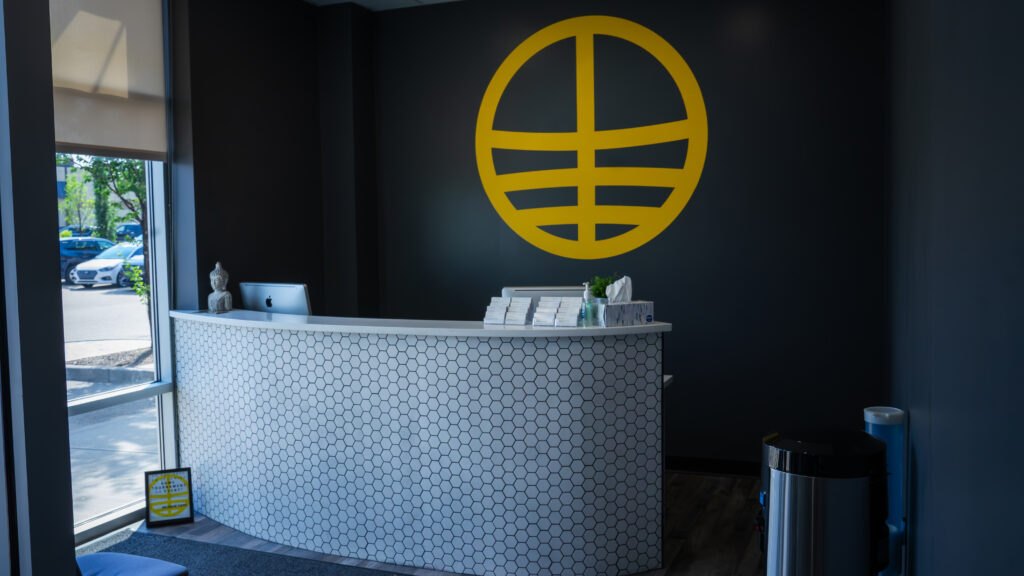
Understanding Tipping Etiquette in Healthcare
Is Tipping Healthcare Professionals Considered Appropriate?
Tipping has often been used as a way to recognize those who provide excellent service — a small token to acknowledge when expectations are exceeded. However, healthcare settings are governed by different expectations. Unlike salons or restaurants, where tipping is embedded into the client experience, healthcare is held to a higher ethical and professional standard.
In Canada, and particularly in Alberta, tipping healthcare professionals is generally discouraged or explicitly prohibited. This includes massage therapists, nurses, physiotherapists, and other regulated practitioners. These guidelines have been set by regulatory bodies to ensure that all patients are treated equally, regardless of whether a tip has been offered.
When a tip is given, it may be declined — not out of ingratitude, but because workplace policies must be followed. In both private clinics and public healthcare environments, no-tipping policies are often enforced to prevent ethical complications and avoid any appearance of preferential treatment.
Can Nurses Accept Tips?
The question “can you tip nurses?” is commonly asked, especially after a positive experience in a hospital or rehabilitation clinic. But under most policies, cash tips cannot be accepted by nurses. These rules have been clearly outlined by governing bodies such as the College and Association of Registered Nurses of Alberta (CARNA).
When money is offered, ethical standards may be compromised. Professional integrity can be called into question, and perceptions of unequal care may be created — even if no bias was intended. Therefore, in most institutions, all forms of monetary gifts are politely declined by nursing staff.
That said, sincere appreciation is always valued. A personal note, an online review, or verbal recognition shared with management will often be remembered far more than a tip ever could.
Expressing Appreciation Without Monetary Gifts
Thoughtful Alternatives to Tipping
If tipping is not permitted, what alternatives can be considered? Fortunately, many non-monetary gestures are welcomed and appreciated — especially when they are thoughtful and respectful of professional boundaries.
Some examples include:
- A handwritten thank-you card, which may be displayed in a staff area.
- Small, shareable snacks for the team (when allowed by facility policy).
- Online reviews highlighting the care received.
- Positive feedback shared with clinic or hospital leadership.
These gestures are often remembered long after a shift has ended — and they can be shared widely within the team, spreading the appreciation further.
For instance, at Athlete’s Choice Massage – South Edmonton location, clients often show their appreciation for practitioners by leaving public reviews or referring friends. These actions reinforce community trust while maintaining clear professional lines.
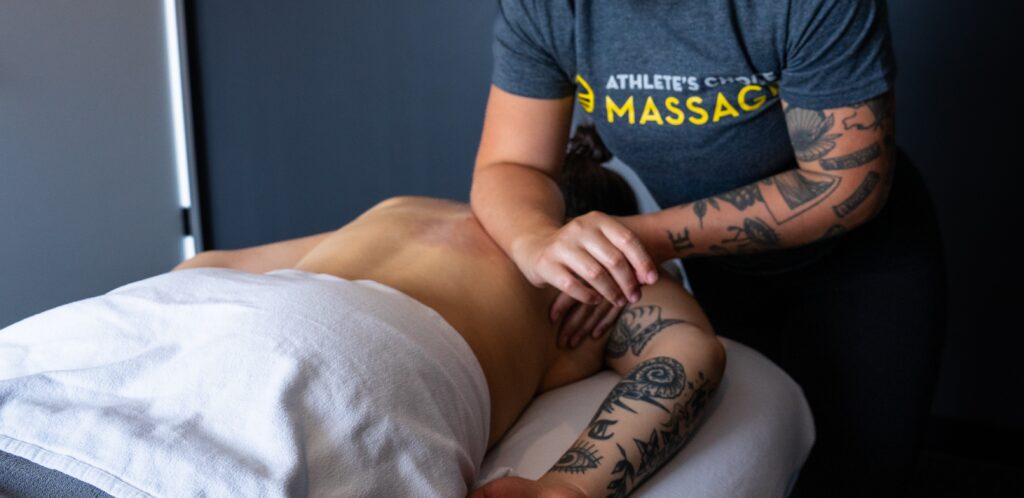
Why Professional Boundaries Must Be Maintained
The Ethical Concerns of Tipping in Healthcare
In clinical settings, professional boundaries must be respected at all times. When a tip is accepted — even with good intentions — the relationship between caregiver and patient can be altered. Favoritism may be perceived, and a sense of future obligation may be created. These subtle shifts can erode trust, or worse, influence the standard of care expected.
By adhering to no-tipping policies, healthcare providers ensure that care is provided equitably, free from any pressure or expectation. Ethical standards are preserved, and the therapeutic relationship remains centered on health, not gratitude.
Legal and Institutional Guidelines
Gift and Gratuity Policies in Healthcare Settings
Across Canada — and within Edmonton and Sherwood Park — strict guidelines have been implemented by hospitals, clinics, and private health practices regarding gifts and gratuities. These policies are not meant to discourage kindness, but to protect both parties.
At many institutions:
- Staff are required to decline gifts of cash or high value.
- Modest, symbolic gifts may be accepted at the discretion of management.
- Written or verbal thank-you messages are encouraged and often displayed publicly.
Before offering a gift, institutional policies should be reviewed. When in doubt, it’s best to ask the front desk staff or consult the organization’s website to avoid putting practitioners in uncomfortable positions.
Honouring Healthcare Professionals Respectfully
How Gratitude Can Be Shown Appropriately
Although the impulse to say thank you is natural and genuine, gratitude can be expressed without breaching policy or protocol. When tipping is avoided and alternative gestures are chosen, healthcare professionals are supported — not compromised.
Consider these respectful and meaningful ways to express thanks:
- Write a personalized thank-you note or card.
- Bring a small treat (like coffee or baked goods) for the team to share.
- Leave a 5-star review on Google or the clinic’s website.
- Notify leadership of the exceptional care you received.
- Refer a friend or colleague to the clinic — especially for services such as deep tissue massage therapy or therapeutic massage for active recovery.
These actions go a long way toward boosting morale and validating the hard work of healthcare providers — without creating any ethical concerns or policy violations.
Related Read: Talking During Massage: Personalize the Experience for Clients
Enjoy convenient Direct Billing in Downtown Edmonton for a stress-free experience.



